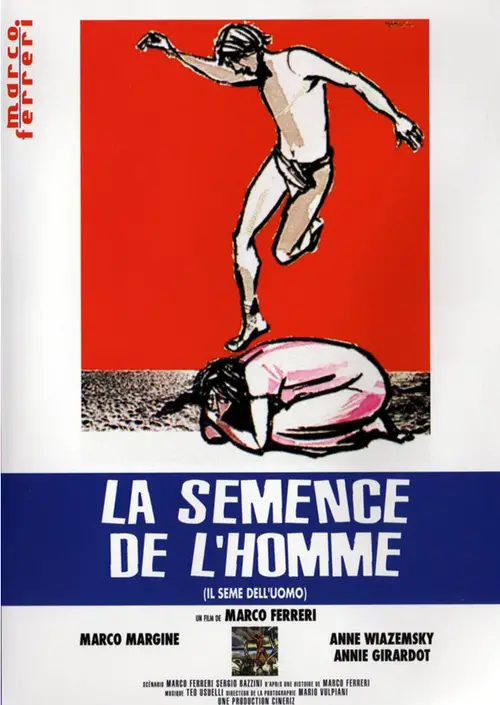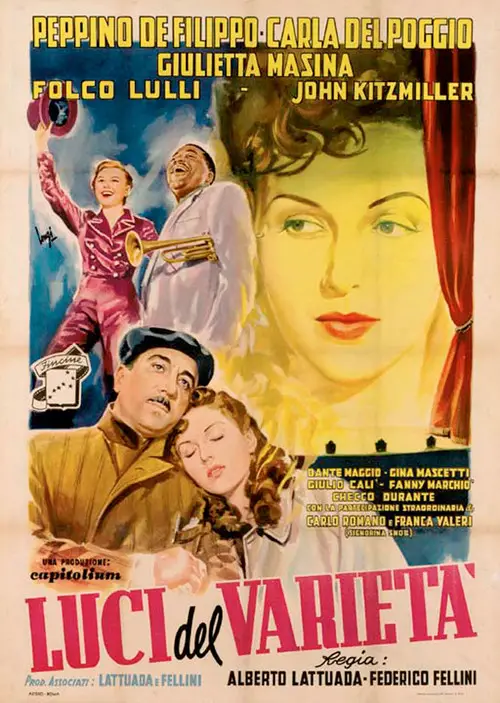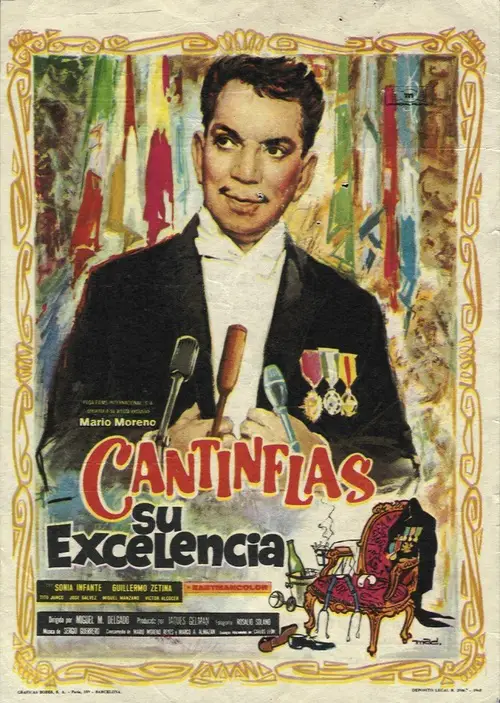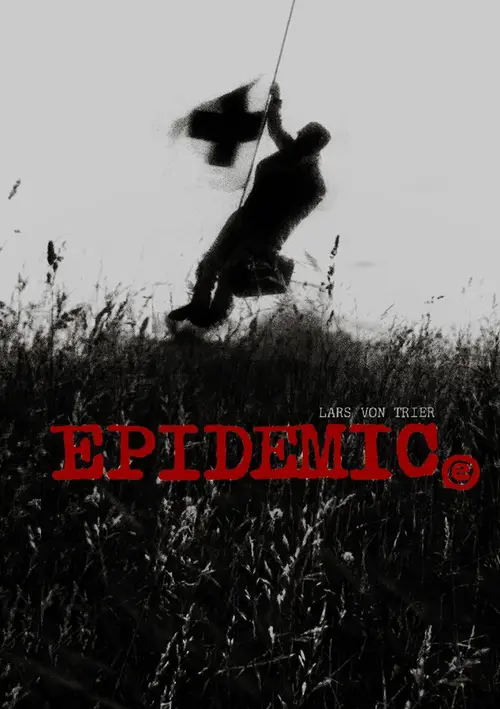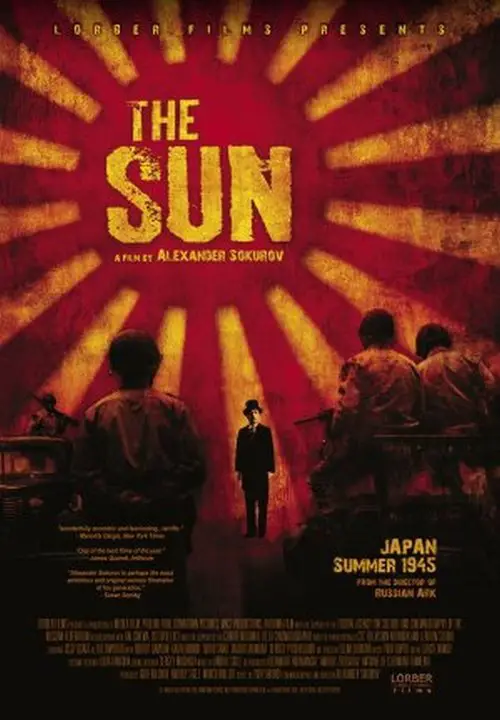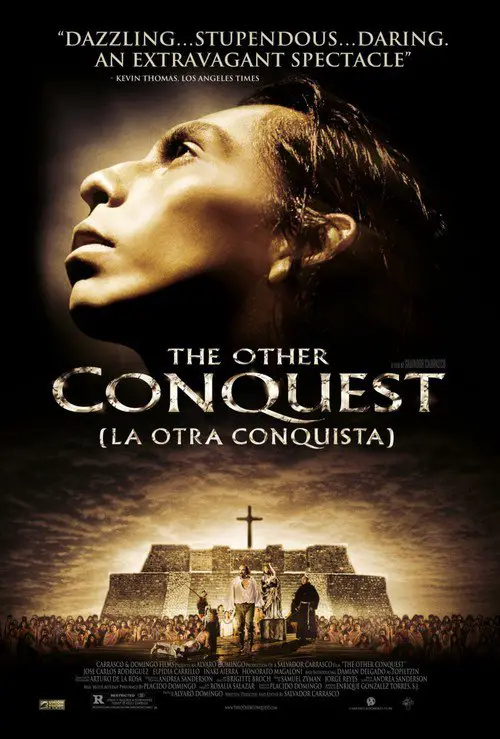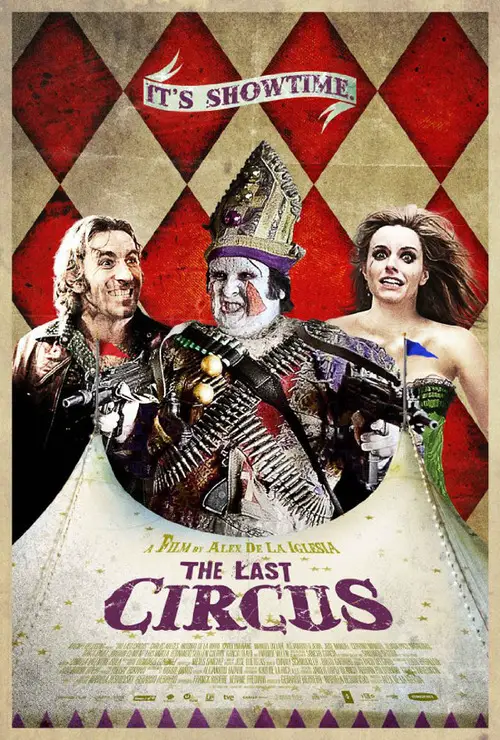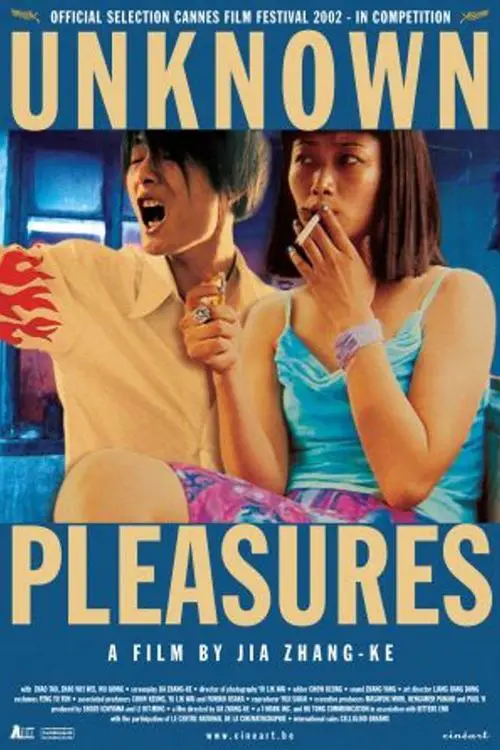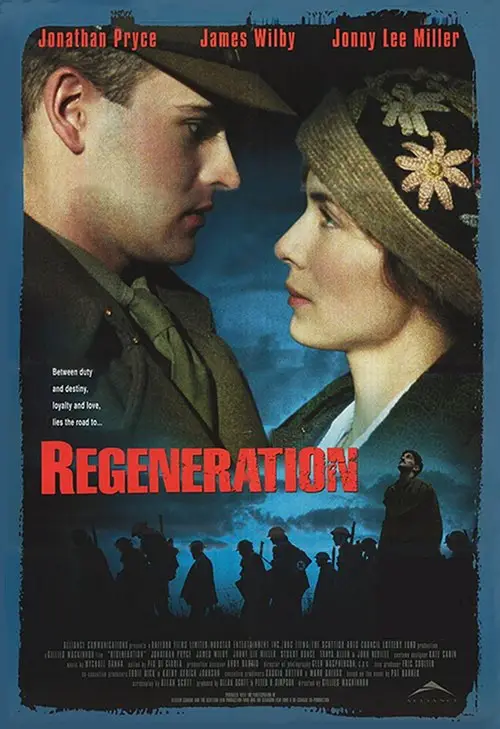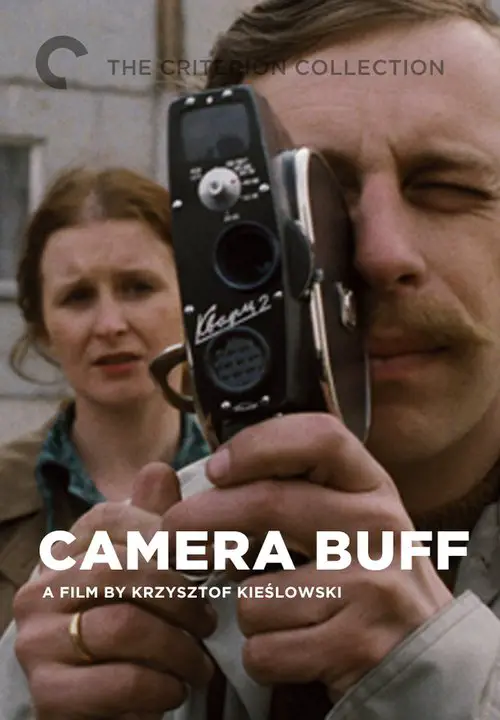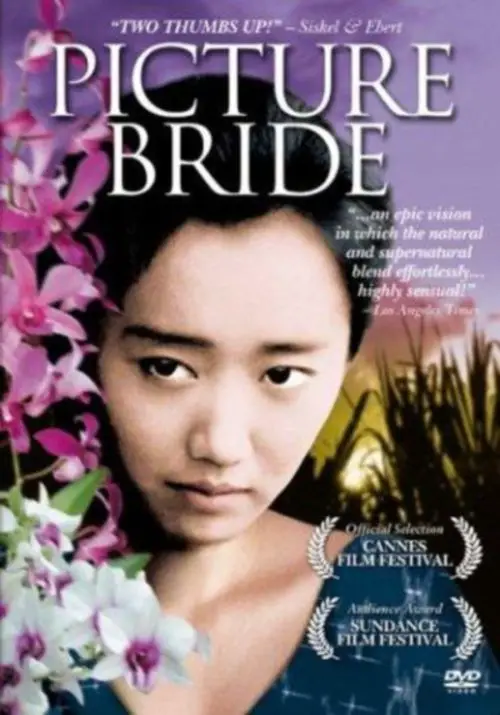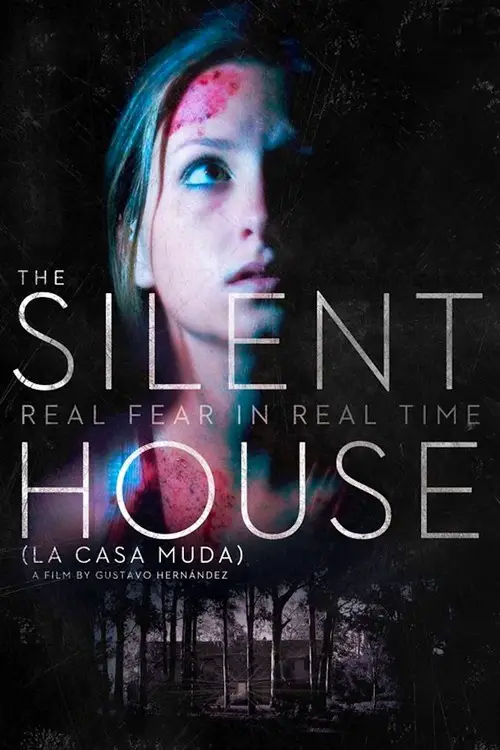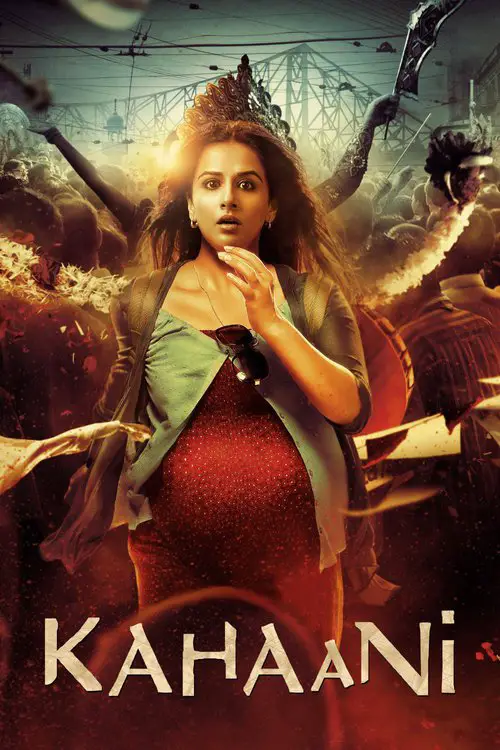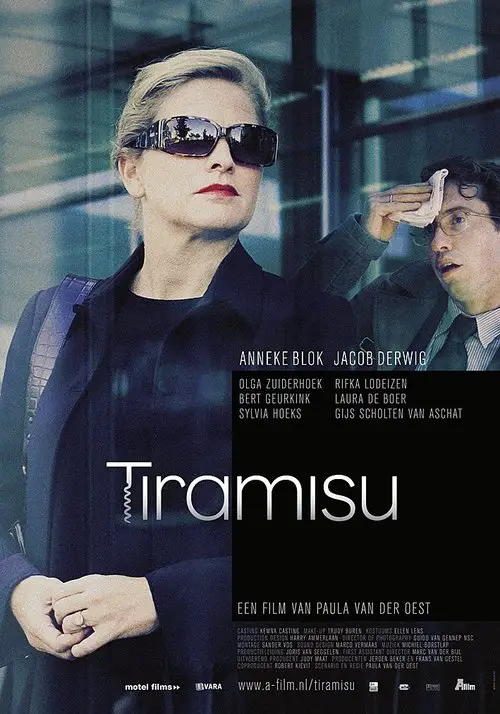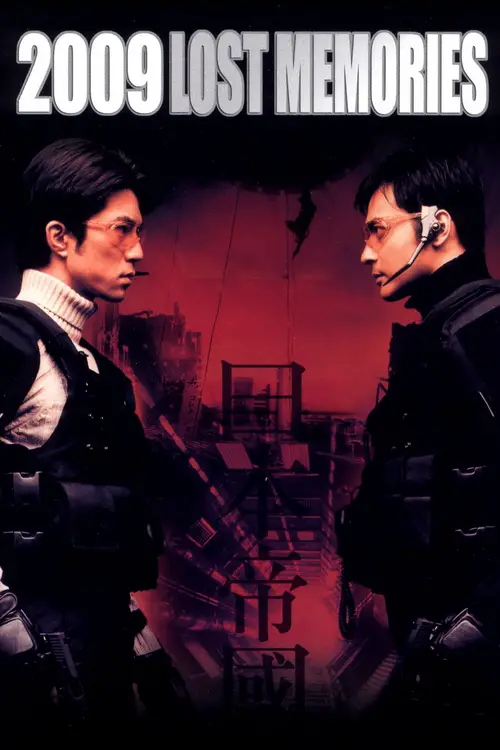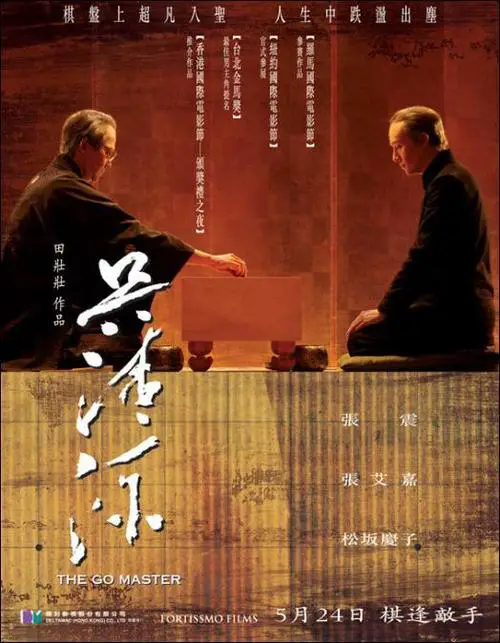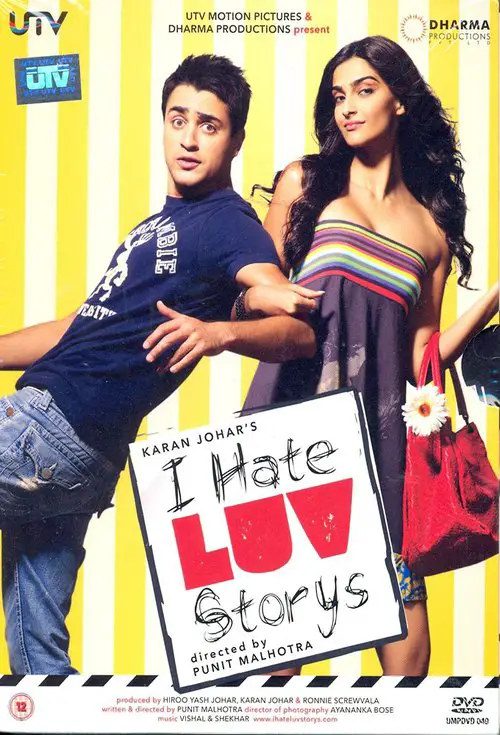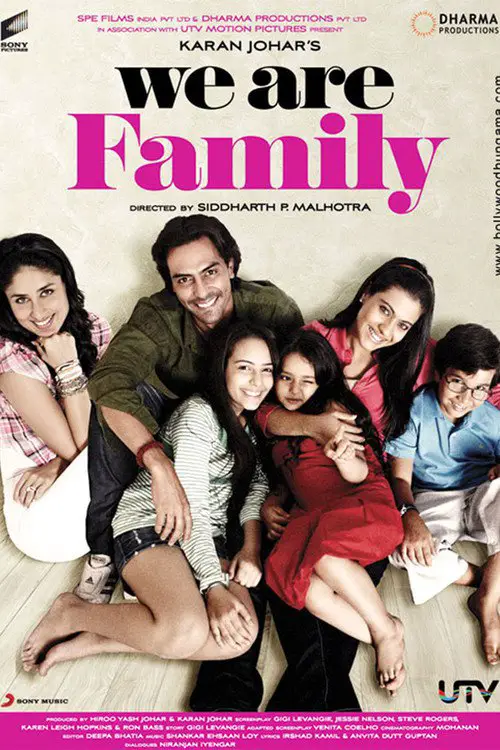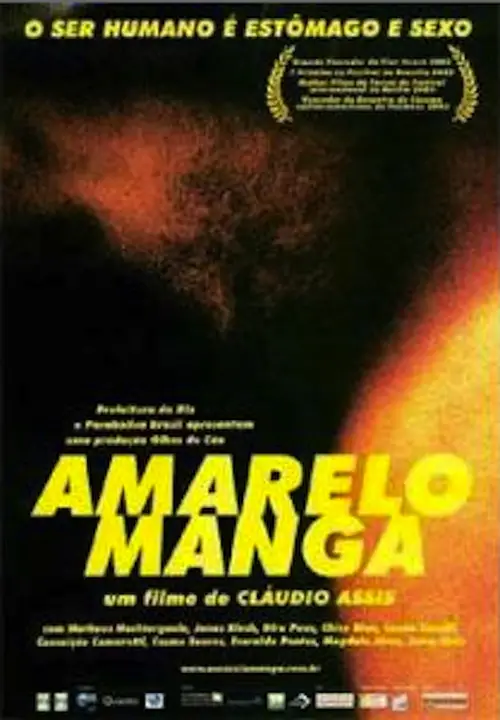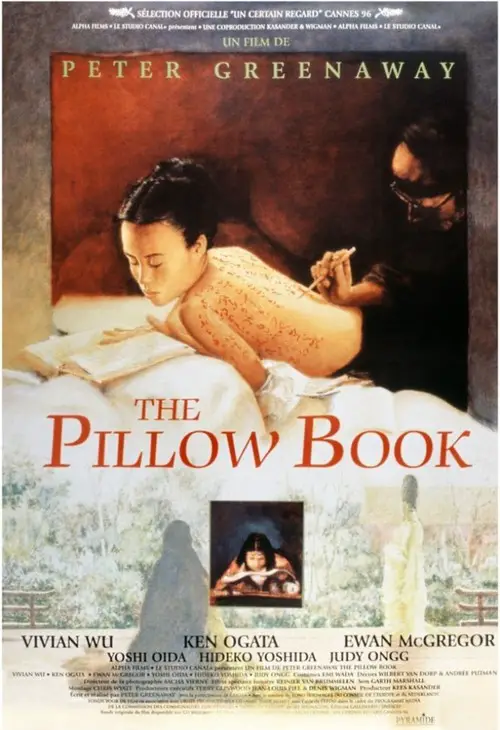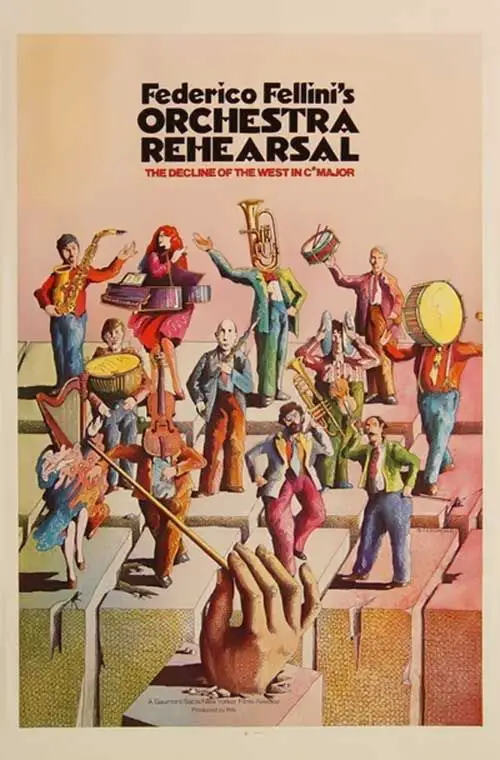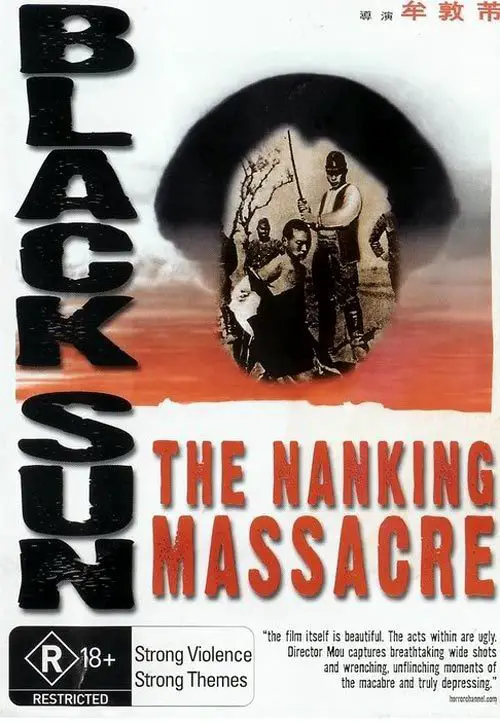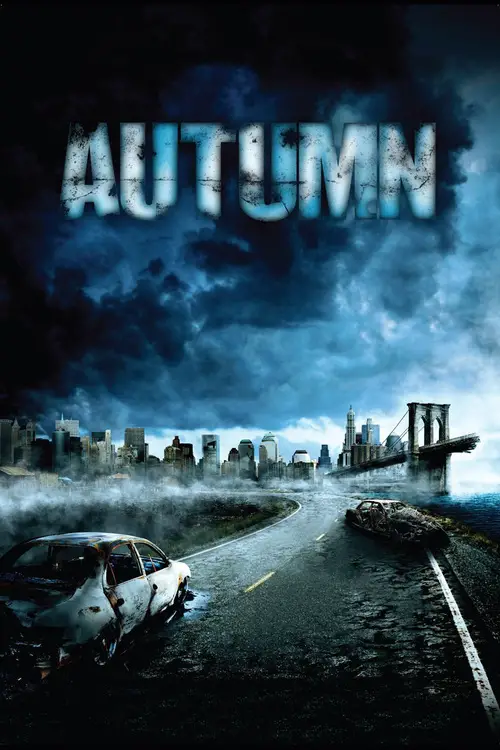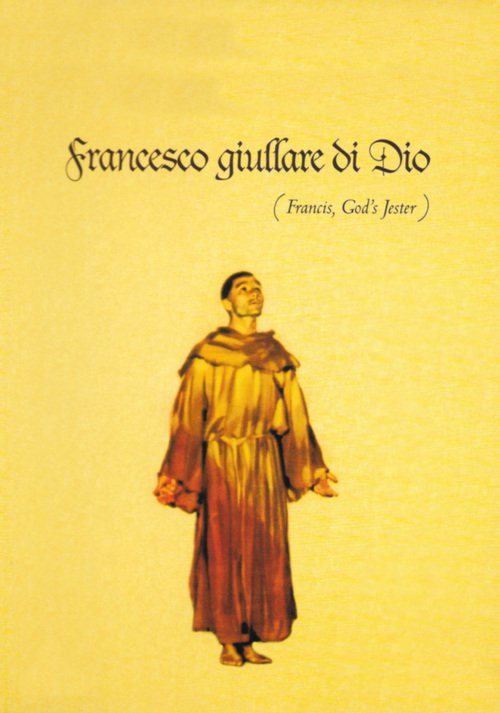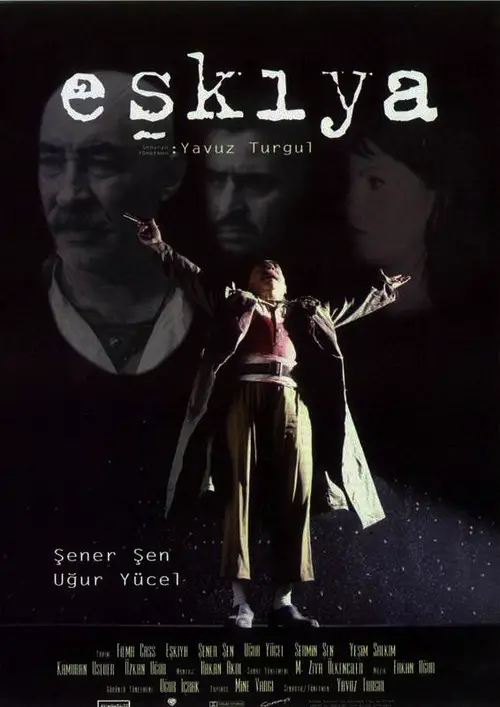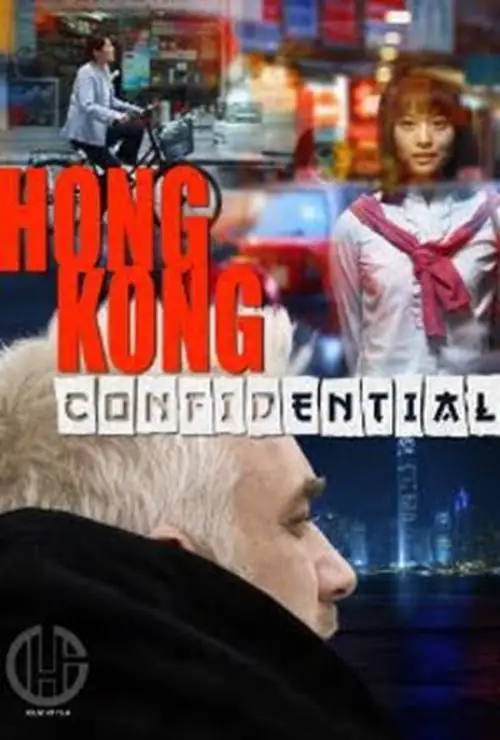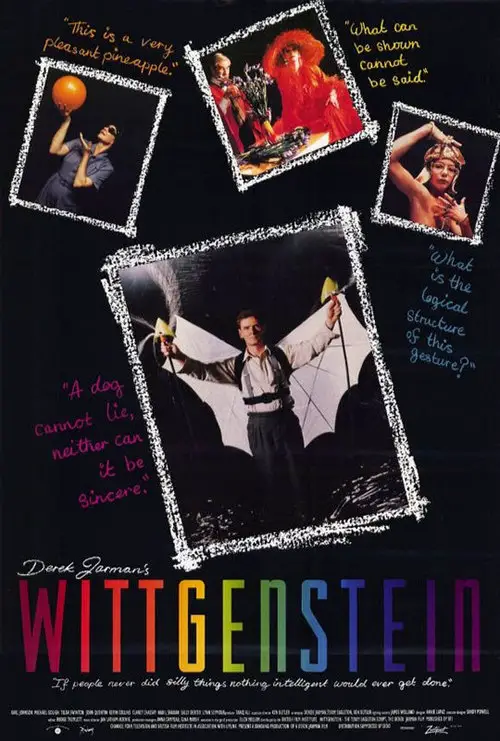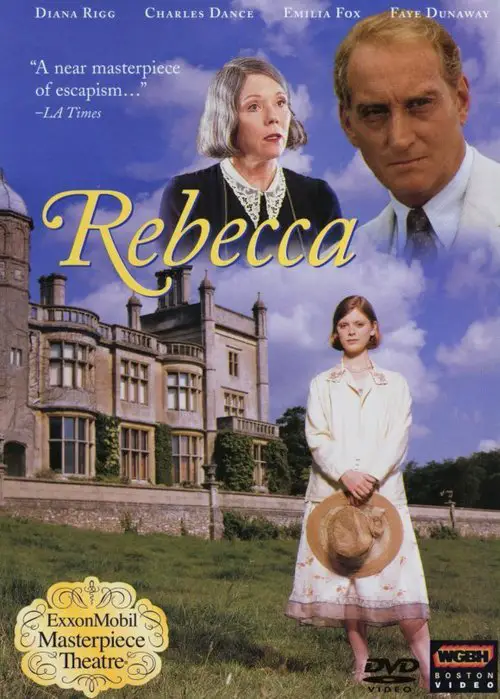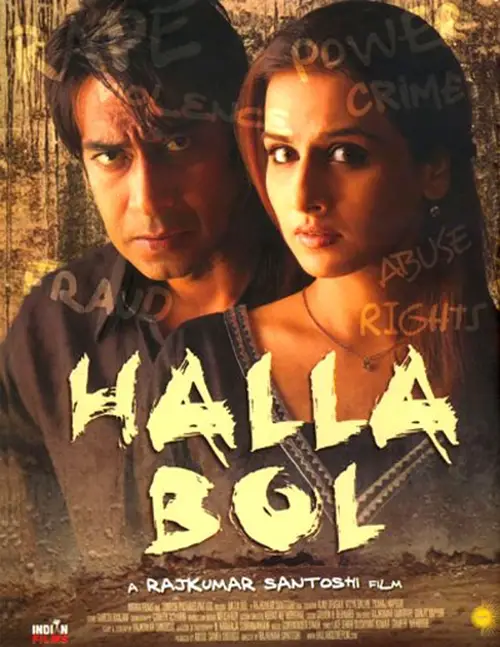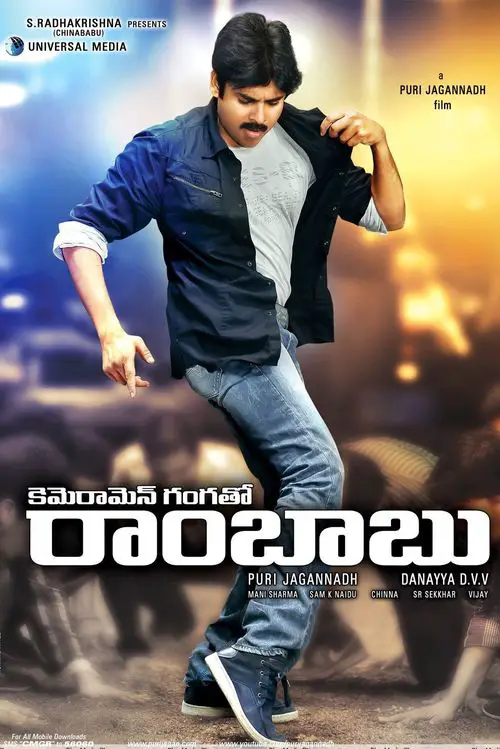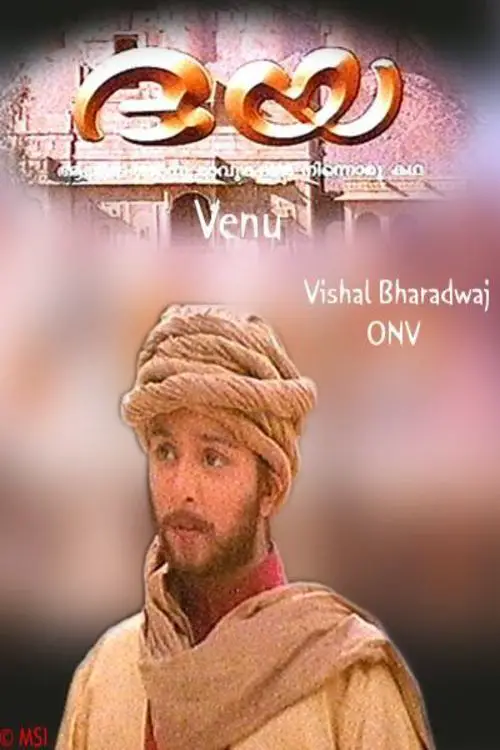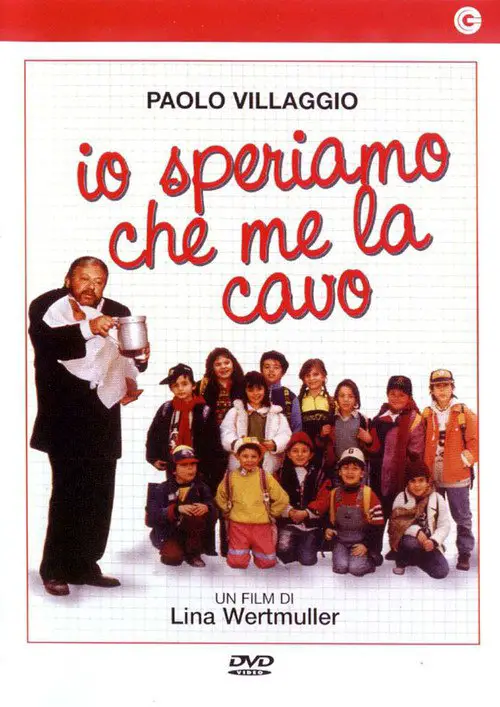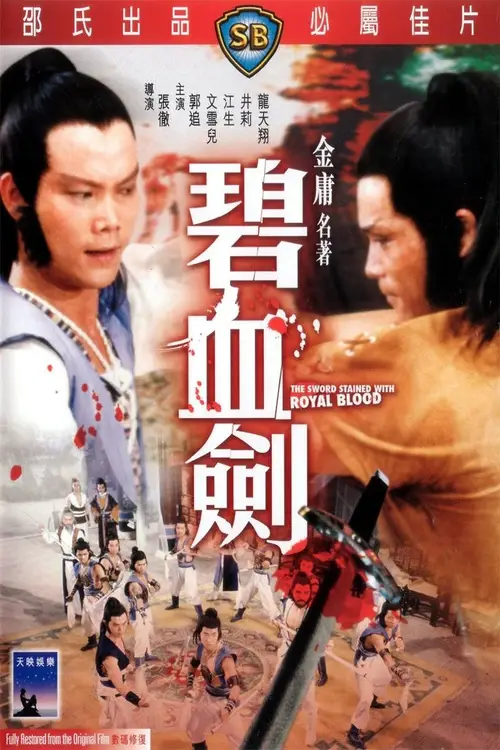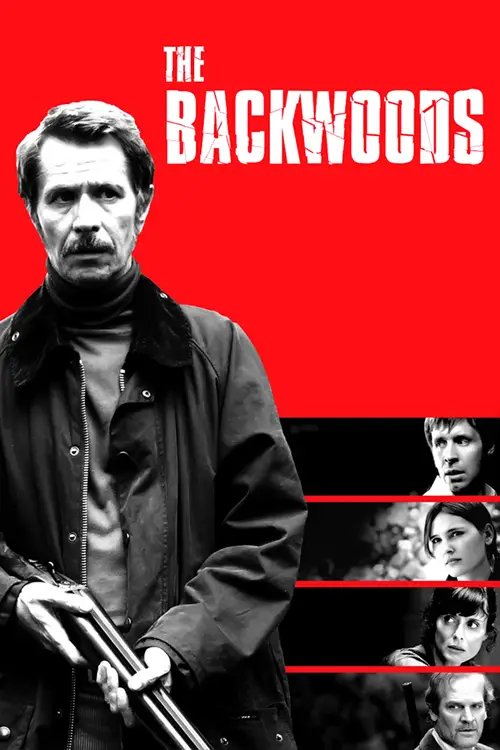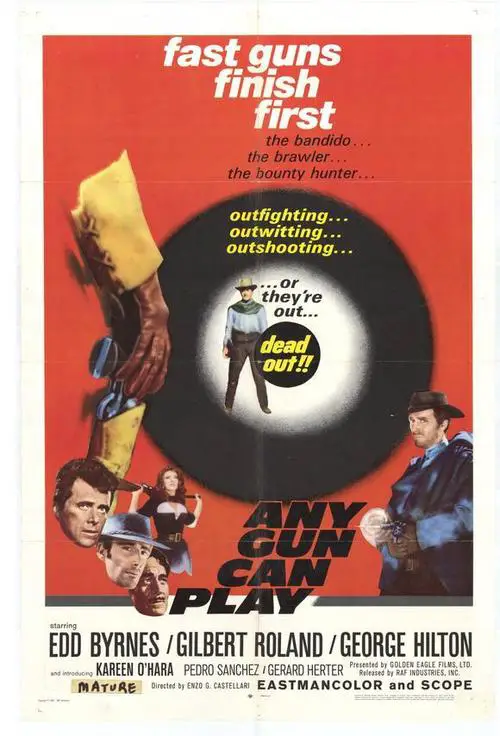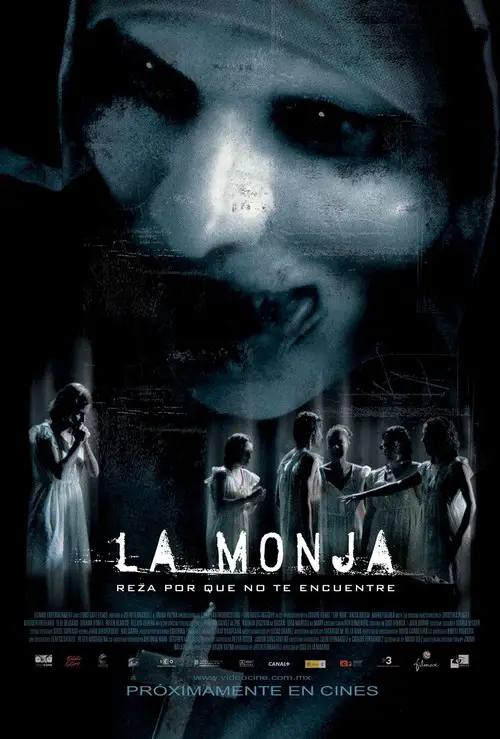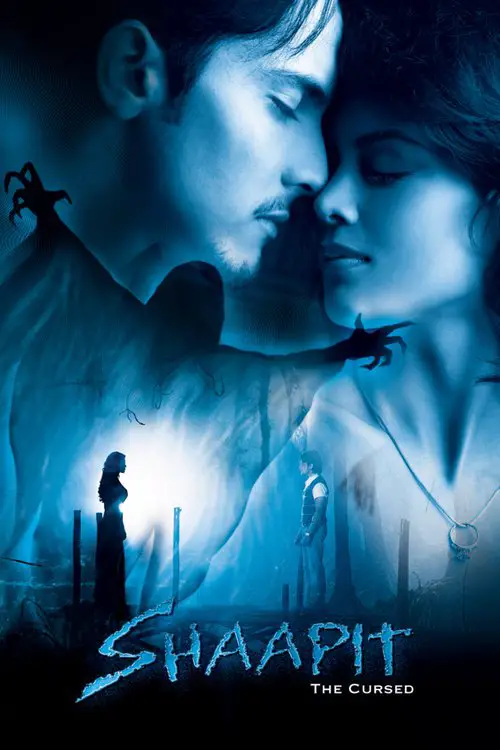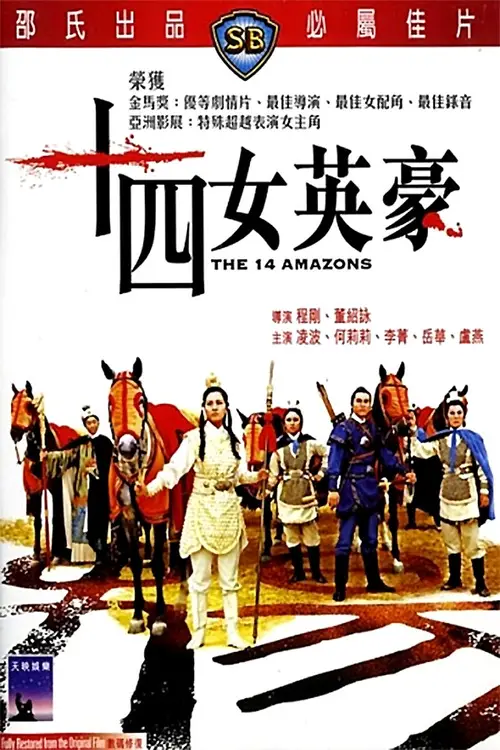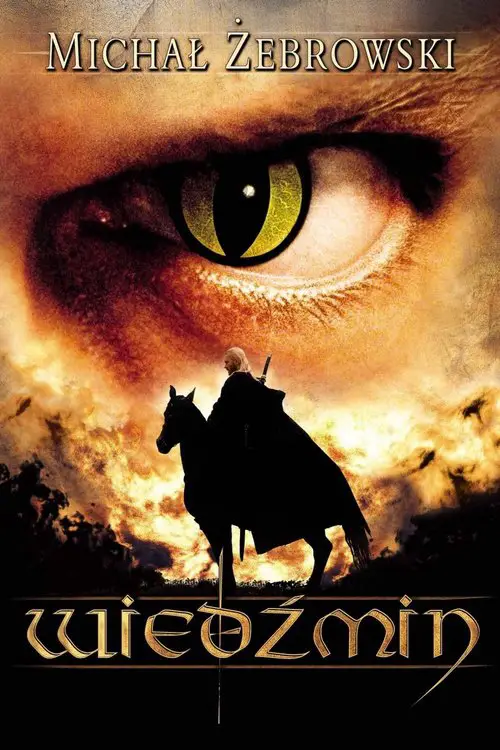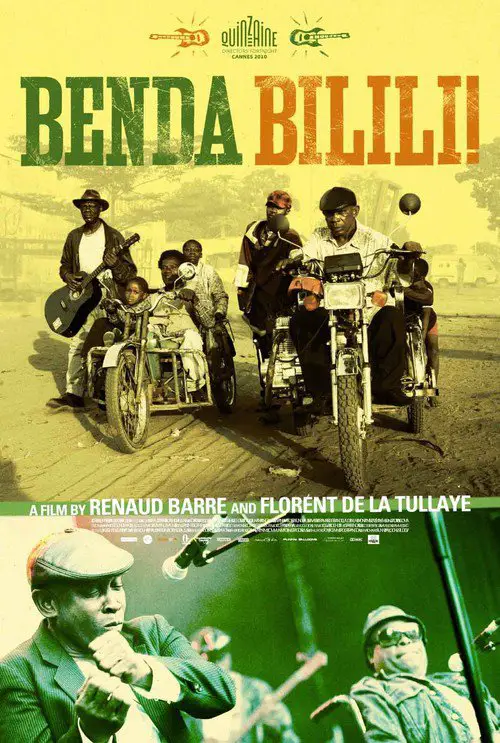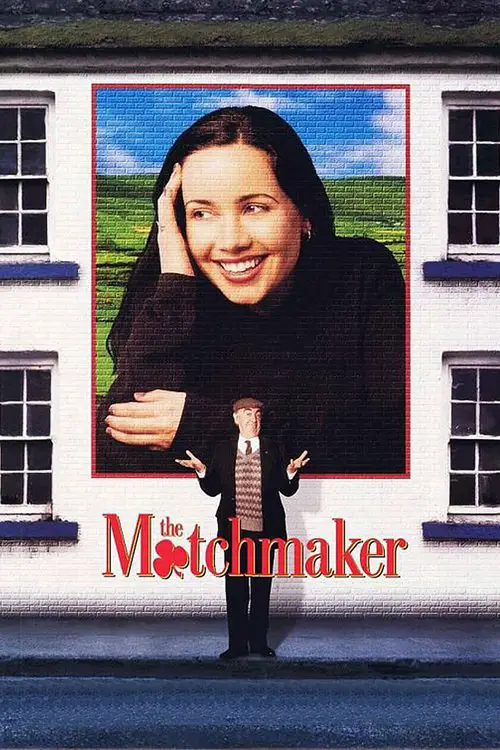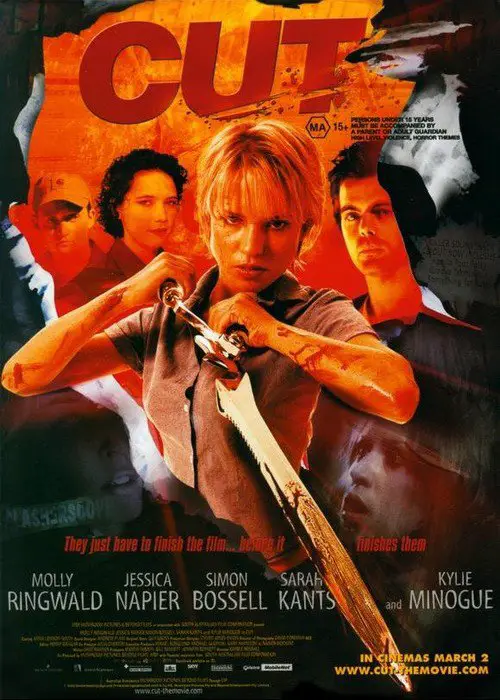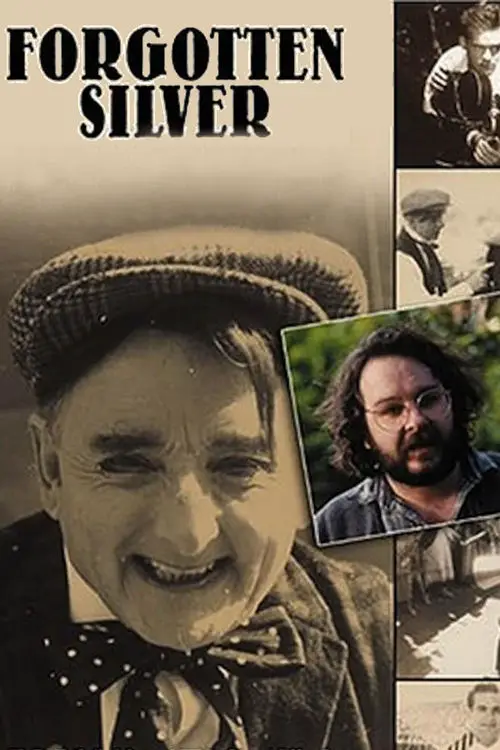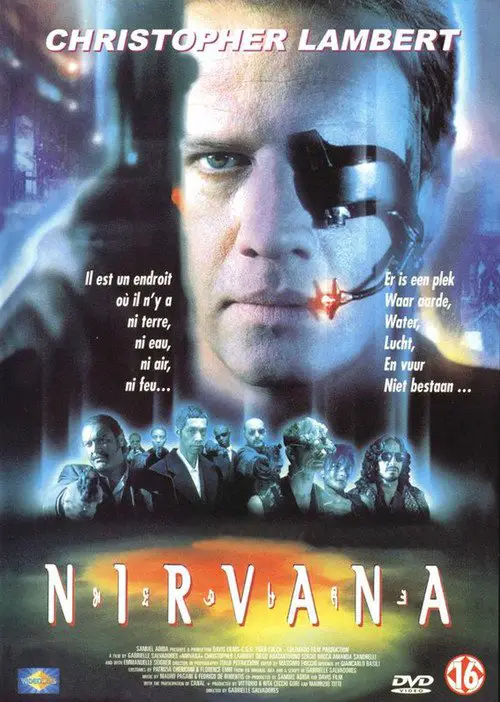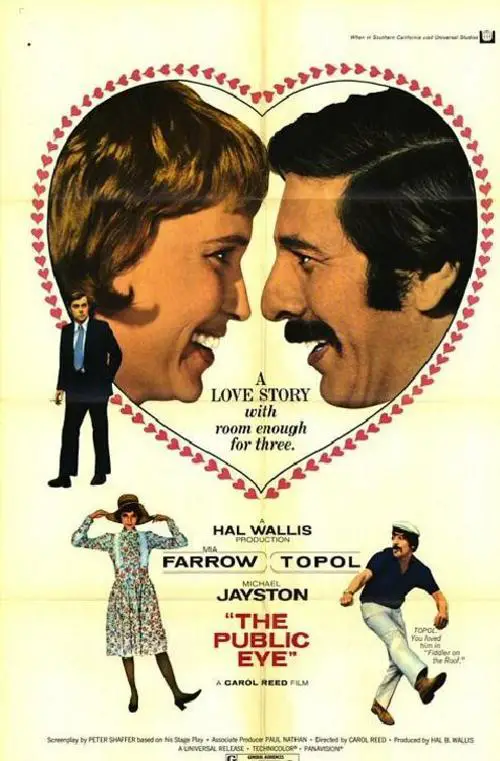Heimat 3: A Chronicle of Endings and Beginnings (2004)
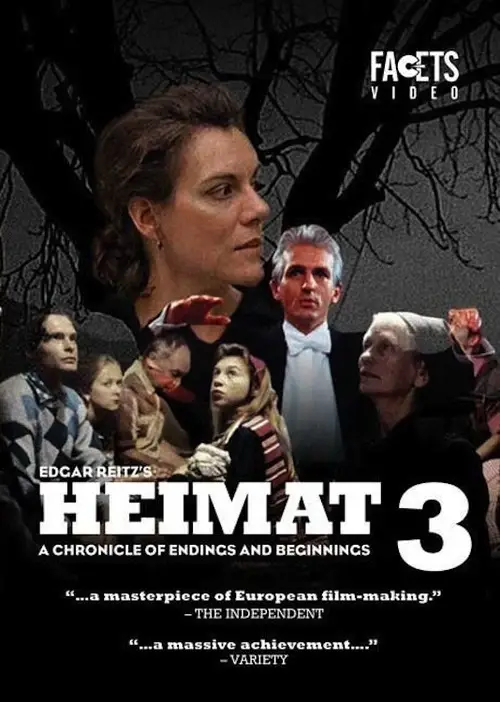
Similar movies
The czar of Russia has died and a power vacuum has developed. This period in the late 16th and early 17th century has been called "The Time of Troubles." There are many impostors who claim to the right to rule, but there's only one heir, the Czarina Kseniya Godunova. She has married a Polish military leader who wants to claim the Russian throne in her name so he can rule all of Russia. As the Poles move in on Moscow in an attempt to install the czarina on the throne, Andrei, a serf with a life-long infatuation of the czarina attempts to save her from her brutal Polish husband.
During a Post-Apocalyptic period in the near future the majority of the European population has been wiped out by some sort of undefined plague. Cino and Dora, a young couple, are rounded up by what constitutes the authorities on an isolated temporary base. They are examined and given antibiotics which will protect them for six months, told to pick out a deserted house to live in the area, and use that time to conceive a child.
HOW ABOUT YOU tells the story of Ellie, a young woman left in charge of the residential home run by her older sister, over the Christmas period. Whilst most of the residents have left to spend the festive period with their families, four residents, known as 'the hardcore' remain. Their behavior is so terrible that the home faces closure as potential new residents are put off by their appalling ant
Lopitos, who is horribly inefficient but quick-witted, is invited (because of the current ambassador's superstition about 13 sitting down to a meal) to a banquet attended by the ambassadors of both superpowers. After the news of a series of coups d'état in Los Cocos arrives throughout the meal, Lopitos becomes the official ambassador. At a summit of world leaders, the representatives of the two world superpowers court the allegiances of third-world diplomats to tilt the balance of global power in their favor. The last diplomat to remain unaligned, Lopitos instead harangues the superpowers for infringing on the rights of developing countries to self determination, talking to them with his point of view as a citizen not as ambassador because he arranged his demise as ambassador one day before his speech.
The second of Trier's films known collectively as the Europa trilogy. The other two films in the trilogy are The Element of Crime (1984) and Europa (1991). Co-written by Niels Vørsel, the film focuses on the screenwriting process. Vørsel and von Trier play themselves, coming up with a last-minute script for a producer. This story is intercut with scenes from the film they write, in which von Trier plays a renegade doctor trying to cure a modern-day epidemic. In an ironic twist, the doctor discovers that he himself has been spreading the virus.
The Sun (Russian: СóлнÑе, Solntse) is a 2005 Russian biographical film depicting Japanese Emperor ShÅwa (Hirohito) during the final days of World War II. The film is the third drama in director Aleksandr Sokurov's trilogy, which included Taurus about the Soviet Union's Vladimir Lenin and Moloch about Nazi Germany's Adolf Hitler.
The first of what Luis Buñuel later proclaimed a trilogy (along with The Discreet Charm of the Bourgeoisie and The Phantom of Liberty) about âthe search for truth,â The Milky Way (La voie lactee) daringly deconstructs contemporary and traditional views on Catholicism with ribald, rambunctious surreality. Two French beggars, present-day pilgrims en route to Spainâs holy city of Santiago de Compostela, serve as Buñuelâs narrators for an anticlerical history of heresy, told with absurdity and filled with images that rank among Buñuelâs most memorable (stigmatic children, crucified nuns) and hilarious (Jesus considering a good shave). A diabolically entertaining look at the mysteries of fanaticism, The Milky Way remains a hotly debated work from cinemaâs greatest skeptic.
The film is a drama about the aftermath of the 1520s Spanish Conquest of Mexico told from the perspective of the indigenous Aztec people. It explores the social, religious, and psychological changes brought about by a historical process of colonization that both defined the American continent and is also highly reminiscent of todayâs neocolonialism.
Three disaffected youths live in Datong in 2001, part of the new "Birth Control" generation. Fed on a steady diet of popular culture, both Western and Chinese, the characters of Unknown Pleasures represent a new breed in the People's Republic of China, one detached from reality through the screen of media and the internet.
Filip buys an 8mm movie camera when his first child is born. Because it's the first camera in town, he's named official photographer by the local Party boss. His horizons widen when he is sent to regional film festivals with his first works but his focus on movie making also leads to domestic strife and philosophical dilemmas.
The story of 16-year-old Riyo who journeys to Hawaii in 1918 to marry a man she has never met, except through photographs and letters they have exchanged. Hoping to escape a troubled past and to start anew, Riyo is bitterly disappointed upon her arrival: her husband is twice her age and Hawaii is not the paradise she expected. As Riyo comes to terms with her new home, she discovers a land full of hardship, struggle--and unexpected joy.
Laura (Florencia Colucci) and her father Wilson (Gustavo Alonso) arrive at a cottage off the beaten path in order to repair it since its owner (Abel Tripaldi) will soon put the house on sale. They will spend the night there in order to start the repairs the following morning. Everything seems to go on smoothly until Laura hears a sound that comes from outside and gets louder and louder in the upper floor of the house. Wilson goes up to see what is going on while she remains downstairs on her own waiting for her father to come down. The plot is based on a true story that occurred in the 1940s in a small village in Uruguay. La casa muda focuses on the last seventy eight minutes, second by second, as Laura tries to leave the house unharmed and discovers the dark secret it hides.
Vidya Bagchi (Vidya Balan) arrives in kolkata from London to find her missing husband Arnab Bagchi. Seven months pregnant and alone in a festive city, she begins a relentless search for her husband. With nothing to rely on except fragments from her memories about him, all clues seem to reach a dead end when everyone tries to convince Vidya that her husband does not exist. She slowly realises that nothing is what it seems. In a city soaked in lies, Vidya is determined to unravel the truth about her husband - for herself and her unborn child - even at the cost of her own life.
Bookkeeper Jacob newest client is the talented and flamboyant actress Anne. They first meet each other on her houseboat, the morning after the premiere of Anne's new theatrical play. Jacob soon discovers that Anne has made a mess of her personal finances and that she has several debts. She may even have to sell her houseboat. Anne gets into a blind panic as she definitely has no intention to sell the boat where she has so many memories. Jacob becomes fascinated about Anne's world and is not concerned anymore with his own personal life and wife. Anne is trying to get money and is convinced that Jacob can save her financial mess. Despite Anne's plans and efforts, the boat must be sold by auction. During the evening of the auction, Anne has organized a big good-bye dinner and has invited all her colleagues and friend on the boat. When Jacob is about to inform Anne about how he wants to save Anne's houseboat (he has bought it himself for her), she comes up with a totally different plan..
There are breakpoints in the history, the result of a single event may change the whole course. In 1909, an assassination attempt of a Japanese governor fails. Now, in 2009, Korea is just another state of Japan's Empire & Seoul has become a major city. A Korean resistance group fights for liberty, independence & the restoration of true history. Two cops, Japanese & Korean, investigate the group.
The Go Master is a 2006 biopic by director Tian Zhuangzhuang of renowned twentieth century Go master Wu Qingyuan, better known by his adopted name of Go Seigen. The film, which premiered at the 44th New York Film Festival, focuses on the life of this extraordinary player from his meteoric rise as a child prodigy to fame and fortune as a revolutionary strategic thinker, as well as the tumultuous global conflicts between his homeland and his adopted nation. The film also features a scene involving the Atomic bomb go game.
'I hate luv storys' is the maxim Jay lives by. But as an assistant director to Veer, the most famous romantic filmmaker of Indian Film Industry, Jay has little option but to live with larger than life, glossy, cinematic love on an everyday basis. Things only get worse when he is made to work under the new production designer on the film⦠Simran, with whom he shares the strangest first encounter! Simran loves luv storys; So much so that even her life has begun to resemble one. With her ideal job and the perfect boyfriend, Raj, she lives a blissful, dreamy life; One that is rudely interrupted by Jay's cynicism. The turmoil's of Jay and Simran's life, is ironically interweaved with the Luv Story that they are working onâ¦
Set in a five star Tokyo hotel on New Year's Eve, the film follows the misadventures of various hotel staff and guests in the run-up to midnight. The plot involves numerous characters, the different problems or situations they face in the run-up to midnight, and the ways that these different storylines interact and are resolved. The film is reminiscent of the Hollywood screwball comedies of 1930s and 1940s, and explicitly references the 1932 film Grand Hotel, whose plot also followed the interlinked lives of various characters in a fictional hotel over a short period.
Maya is the perfect mother. Her life revolves around her three childerens, Aleya ( Aachal Munjal ), Ankush ( Nominath Ginsberg ), and Anjali ( Diya Sonecha ). Who thinks nothing much then the world of her. Despite being divorced from her husband, Aman ( Arjun Rampal ). Maya has ensured that everything runs smoothly in her house, under her watch, and that they continue to remain a happy family unit. However, when Aman introduces his girlfriend, Shreya ( Kareena Kapoor ) a career oriented woman, who has a lot to learn about children's, to the family, the situation immediately takes an unexpected turn. When an incident changes their lives drastically, bringing the two women under the same roof, they find themselves putting to test an unusual situation; can two mothers make a home?
Moth is freed on parole after spending time in prison on wrongful conviction of murder. Jailed shortly before the Bulgarian communist coup of 1944, he now finds himself in a new and alien world - the totalitarian Sofia of the 60s. His first night of freedom draws the map of a diabolical city full of decaying neighborhoods, gloomy streets and a bizarre parade of characters.
In a poor neighborhood in Recife, the lives of exotic and bizarre characters entwine in a bar and in a very low-budget hotel. The queer Dunga works in the hotel and has a crush on the butcher Wellington that is married with the religious Kika and has an affair with his mistress Dayse. The sick necrophiliac Isaac owns a yellow Mercedes Benz and wants to have sex with LÃgia that owns of Bar Avenida.
Shaun and Daz are vibrant kids, wasted by their experience of education. All they have is friendship and Shaun's first love Katy. From the moment Shaun steps into our world he is bound to lose. Labeled as a violent bully he destroys himself and Daz with him. Shaun has twelve years to reflect on an intense summer of love, sex and loyalty. But Daz's imminent death forces Shaun to confront his past.
Orchestra Rehearsal (Italian: Prova d'orchestra) is a 1978 Italian film directed by Federico Fellini. It follows an Italian orchestra as the members go on strike against the conductor. The film was shown out of competition at the 1979 Cannes Film Festival. Considered by some to be underrated Orchestra Rehearsal was the last collaboration between composer Nino Rota and Fellini, due to Rota's death in 1979.
Black Sun: The Nanking Massacre, also called Men Behind the Sun 4, is a 1994 Hong Kong film directed by Mou Tun Fei and is in many ways considered to be a follow up to the 1987 shockumentary film, Men Behind the Sun. The movie depicts the events behind the Nanking Massacre committed by the Imperial Japanese army against Chinese citizens and refugees during the Second Sino-Japanese War. Like Men Behind the Sun, the film was both criticized and praised for its brutal portrayal of the Japanese atrocities, such as the notorious contest to kill 100 people using a sword, during the early and late stages of World War II, but at the same time was questioned over historical accuracy and violence which gave the film a more exploitation feel to it.
The virus came so fast no one had time to prepare. Before the day was over, entire towns were decimated, and large cities became monumental tombs. Left with nothing but fading hope and the will to live, reclusive software consultant Michael (Dexter Fletcher) and temperamental mechanic Carl (Dickon Tolson) lead a small group of survivors into the country in hopes of riding out the coming winter. But now the decaying victims of the plague are reanimating, growing more smart and vicious with each passing day. Now, the only hope for the survival of the human race is Phillip (Carradine), a man who refused to leave the city, and has somehow avoided becoming food for the flesh-eating masses.
The epic adventures of the legendary Baran the Bandit following his release from prison. After serving 35 years, it is no surprise that the world has changed dramatically. Still, Baran can't help but be shocked to discover that his home village is now underwater thanks to the construction of a new dam. He then heads for Istanbul to get revenge upon his former best friend, the man who snitched on him and stole his lover Keje. Along the way, Baran teams up with Cumali, a tough young punk who finds the thief's old-fashioned ways rather quaint. When Cumali gets into deep trouble with a crime boss, Baran adds another vengeful task to his roster.
A dramatization, in modern theatrical style, of the life and thought of the Viennese-born, Cambridge-educated philosopher Ludwig Wittgenstein (1889-1951), whose principal interest was the nature and limits of language. A series of sketches depict the unfolding of his life from boyhood, through the era of the first World War, to his eventual Cambridge professorship and association with Bertrand Russell and John Maynard Keynes. The emphasis in these sketches is on the exposition of the ideas of Wittgenstein, a homosexual, and an intuitive, moody, proud, and perfectionistic thinker generally regarded as a genius.
Based on the Gothic romance novel by Daphne Du Maurier, Rebecca is a classic tale of love and hate. Maxim De Winter marries a woman half his age only a year after his first wife, the beautiful and accomplished Rebecca, dies. She finds herself in an aristocratic social world her middle class upbringing did not prepare her for, and housekeeper Mrs Danvers despises her for taking her darling Rebecca's place. But these are not the only problems to face... Written by
Ashfaque (Ajay Devgan) is a small town boy aspiring to be a film star in the Hindi film industry. He joins a street theatre group run by a reformed dacoit Sidhu (Pankaj Kapur) who uses street theatre as a medium to bring about an awakening in the masses. Ashfaque struggles to give a creative vent to the actor in him in order to realize his dreams.
It is a story of Kabir, a carefree guy who has been studying engineering for the last ten years now, whose life goes for a sixer when he meets the quirky and kinky Kuhu. Kabir always wanted a girl to love but he never in his wildest dreams thought he would encounter a girl who could make him dance around circles, run around naked, ride cycles without seats, wear high heels, and many other things
As for the film, Cameraman Ganga Tho Rambabu is another story of corrupt Indian politics brought to its knees by a single man, in this case Pawan Kalyan's Rambabu. When Rambabu is spotted defusing a potential riot he becomes something of a folk hero in Andhra Pradesh, and Cameraman Ganga (Tamannah), a newswoman eager to climb the corporate ladder, decides to take advantage of his new celebrity by bringing him on as an investigative reporter of sorts at her TV station. There is tension, suspense, a love triangle, murder, and numerous fights and songs, and it all adds up to what seems to be an above average masala film, and a return to form for director Puri Jagannadh.
Lagaan tells the tale of the Indian village Champaner, beset by drought and British colonialism in the year 1893. Without a drop of rain in months, the worried villagers of Champaner decide to ask the local authorities for a temporary repeal of their taxes -- the hated lagaan. Led by the heroic Bhuvan (Indian superstar Aamir Khan) they bring their plight to the military governor, Captain Russell (Paul Blackthorne). But the sadistic Russell threatens to raise the lagaan threefold, unless the villagers can beat his men at a game of cricket, in which case he'll lift taxes on the entire province for a period of three years. Bhuvan accepts the challenge, but there's a problem -- no one in Champaner knows how to play cricket. A band of misfits come to the rescue, coached by Russell's soft-hearted sister Elizabeth (Rachel Shelley), and the race is on to be ready in three months' time. An epic reworking of Victory with eye-popping song-and-dance routines.
Inuyasha and his brother, Sesshomaru, each inherited a sword from their father after his death. However, their father had a third sword, named Sounga, that he sealed away. Seven hundreds years after his death, Sounga awakens and threatens mankind's very existence. How will the children of the Great Dog Demon stop this unimaginable power?
Phillip Kwok plays the orphaned son of a general disgraced and executed by his political enemies... which has nothing to do with the rest of the movie. Raised to be a righteous martial artist, Yuan kicks off the story proper by finding a cave containing a skeleton, a treasure map, and a manual teaching him the Golden Snake style. Obeying a request hidden in the manual to give a portion of the treasure to the Golden Snake's old girlfriend, Yuan begins to seek the woman out - on the way solving the riddle of the Golden Snake, and how he came to his end.
Any Gun Can Play (Italian: Vado... l'ammazzo e torno) is a 1967 spaghetti western starring Gilbert Roland, Edd Byrnes and George Hilton. The film is directed by Enzo G. Castellari and features a score by Francesco De Masi and Alessandro Alessandroni. It follows a familiar pattern of protagonists searching for gold, double-crossing one another and a high body count. The three main characters continually change allegiances and get the upper hand only to be thwarted by fellow outlaws, mysterious insurance investigators and each other. In the opening scene one of the three outlaws is dressed very similar to Clint Eastwood's character in the "Dollars" trilogy, one is dressed as Lee Van Cleef's characters in those and other westerns, and one as Franco Nero's character Django.
A group of catholic school girls are victimized by a sadistic and jealous nun, "Sister Ursula". The girls drown the nun in a pool of "holy" water. Eighteen years later circumstances arise in which the nuns spirit is released to take her revenge. She possesses the body of Eva, the daughter of one of her killers. In order for the Sister Ursula to be properly laid to rest Eva herself must be killed.
Ricky has a dream: to make Staff Benda Bilili the best band in Congo Kinshasa. Roger, a street child, more than ever wants to join these stars of the ghetto, who get around in customized tricycles. Together, they must avoid the pitfalls of the street, stay united and find the force to hope in music. For six years, from the first rehearsals to their triumph in international festivals, BENDA BILILI! (âbeyond appearancesâ) is the story of this dream come reality.
Marcy, a worker in the reelection campaign of bumbling Senator John McGlory, is sent to Ireland on a quest to find the Irish ancestry of Sen. McGlory, to help him win the Irish vote. But when Marcy arrives in the small village of Ballinagra, she finds herself in the middle of a matchmaking festival, and the local matchmaker is determined to pair her off with one of the local bachelors.
J'accuse is an 'essay-istic' documentary in which Greenaway's fierce criticism of today's visual illiteracy is argued by means of a forensic search of Rembrandt's Nightwatch. Greenaway explains the background, the context, the conspiracy, the murder and the motives of all its 34 painted characters who have conspired to kill for their combined self-advantage. Greenaway leads us through Rembrandt's paintings into 17th century Amsterdam. He paints a world that is democratic in principle, but is almost entirely ruled by twelve families. The notion exists of these regents as charitable and compassionate beings. However, reality was different.
This dryly funny mockumentary about the lost work of a pioneering New Zealand film genius is probably one of the best examples of the faux-documentary genre. In fact, it was so successful that when it originally aired on New Zealand television, hundreds of viewers bought the premise hook, line, and sinker. If you didn't know any better yourself, it's entirely possible you might be duped into believing the extremely tall tale of one Colin MacKenzie, an ambitious filmmaker who made the world's first talking movie (years before The Jazz Singer), invented color film, and created a huge biblical epic that would put Cecil B. DeMille and D.W. Griffith to shame. Filmmaker Peter Jackson (Heavenly Creatures) shrewdly inserts himself into the film via his documentation of the "discovery" of McKenzie's lost epic, which for years was preserved in a garden shed.
Ramprasad a recent college graduate who finds a job with a finicky man, Bhavani Shankar, who believes that a man without a mustache is a man without a character. When Ramprasad is caught by his boss at a soccer match, he has to invent a twin brother, the clean-shaven Laxman Prasad, to save his job, things take a whacky turn.A fake mother and a hilarious chase are enjoyable features in this comedy.
Jimi, a computer game designer, finds that his latest product has been infected by a virus which has given consciousness to the main character of the game, Solo. Tormented by the memory of his fled girlfriend Lisa and begged by Solo to end its useless "life", Jimi begins a search for people who can help him both to discover what happened to Lisa and to delete his game before it is released.
When an unexploded WWII bomb is accidentally detonated in Pimlico, it reveals a treasure trove and documents proving that the region is in fact part of Burgundy, France and thus foreign territory. The British government attempts to regain control by setting up border controls and cutting off services to the area.
© Valossa 2015–2026
| Privacy Policy

